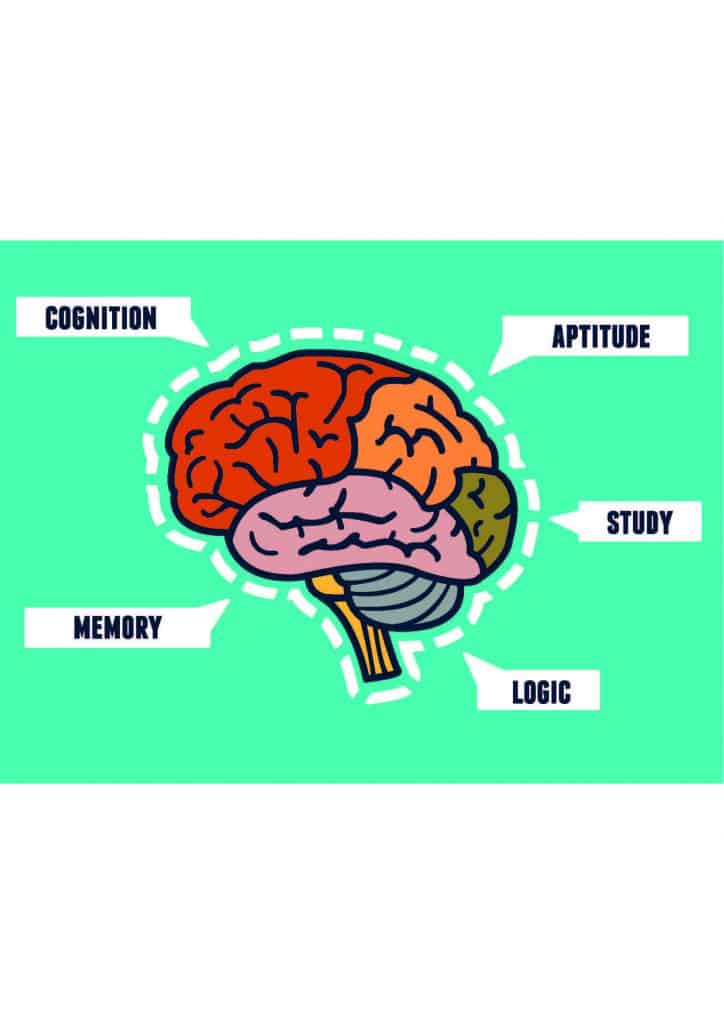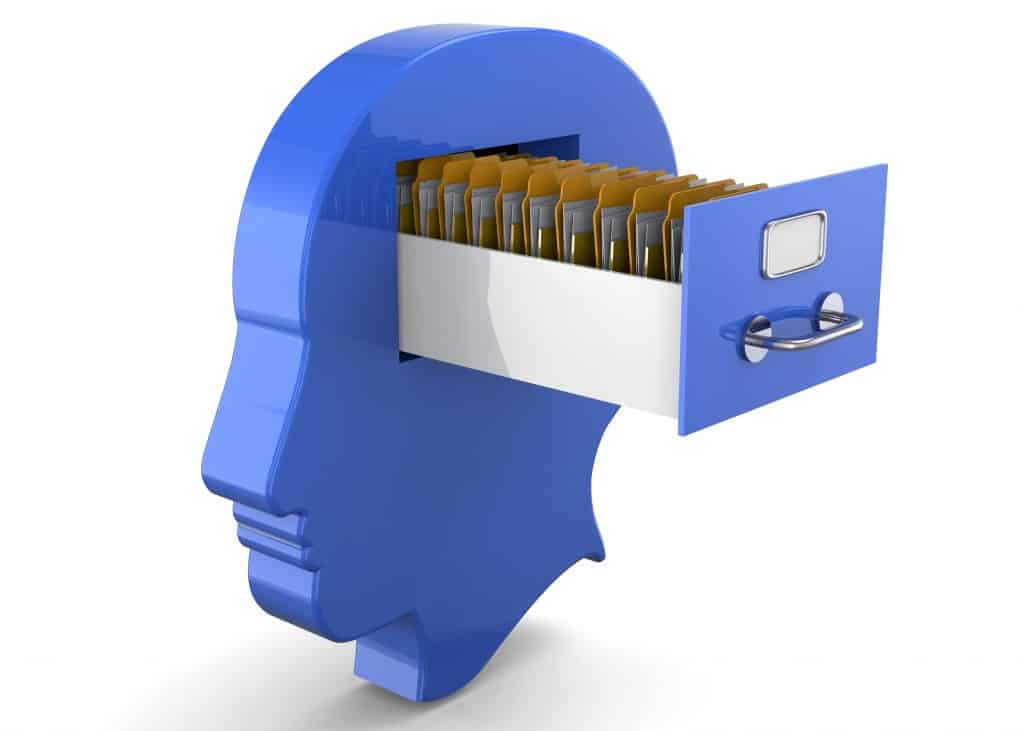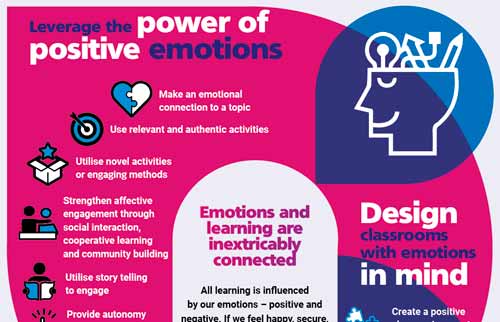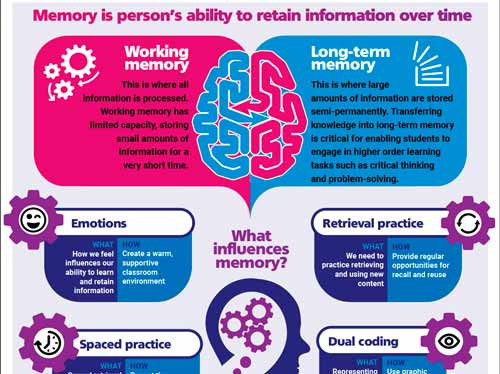theteam@theeducationhub.org.nz
Postal Address
The Education Hub
110 Carlton Gore Road,
Newmarket,
Auckland 1023
An understanding of how we learn should be at centre of all teaching and learning.

The implications of cognitive load theory for learning, and how to design instruction to minimise cognitive load and maximise learning.

How the process of learning occurs in the brain and the relationship between memory, understanding and knowledge

The key features of long-term and working memory and how they work together as part of the learning process.

Retrieval practice is a learning strategy designed to promote consolidation of knowledge through recall over time.

Spaced or distributed practice is a pedagogical strategy based on cognitive principles of memory formation.

A guide to help teachers support their students to develop good study habits, use effective learning strategies, and stay motivated while working independently.

This webinar with Dr Stephanie Macmahon will offer educators the opportunity to build a richer, deeper, and more nuanced understanding of the science of learning—one that both extends beyond and strengthens the ideas they may already be familiar with.

Coming in May 2026
This webinar with Associate Professor Melissa Barnes from La Trobe University will examine the research behind metacognition and discuss why it has such a powerful impact on learning outcomes.

Dr Tanya Evans from the University of Auckland talks about how the decades of cognitive research can be applied to teaching mathematics in the classroom

Dr Nina Hood and Dr Stephanie MacMahon introduce the science of learning, exploring what it means, the research base it draws on, and its implications for curriculum and pedagogy in school

Dr Greg Ashman explores what cognitive load theory is and its practical implications for teachers.

Kate Jones tells us about how to make learning stick, focusing on the benefits of retrieval practice and practical ideas for teachers to ensure classroom practice is based on relevant research evidence

A very quick introduction to the science of learning

Discover the ways our emotions affect our learning, and how to design the classroom with emotions in mind

Learn how different levels of memory are developed and what influences how we retain information

Key insights from a webinar with Dr Stephanie MacMahon from the University of Queensland.

Key ideas from a webinar with Dr Greg Ashman.

The key insights and strategies from Kate Jones' webinar on using retrieval practice to promote deep learning.

6 principles from the learning sciences research to support effective teaching

What teachers need to know about how we learn and what it means for their practice

A brief introduction to how memory works and its importance to teaching and learning